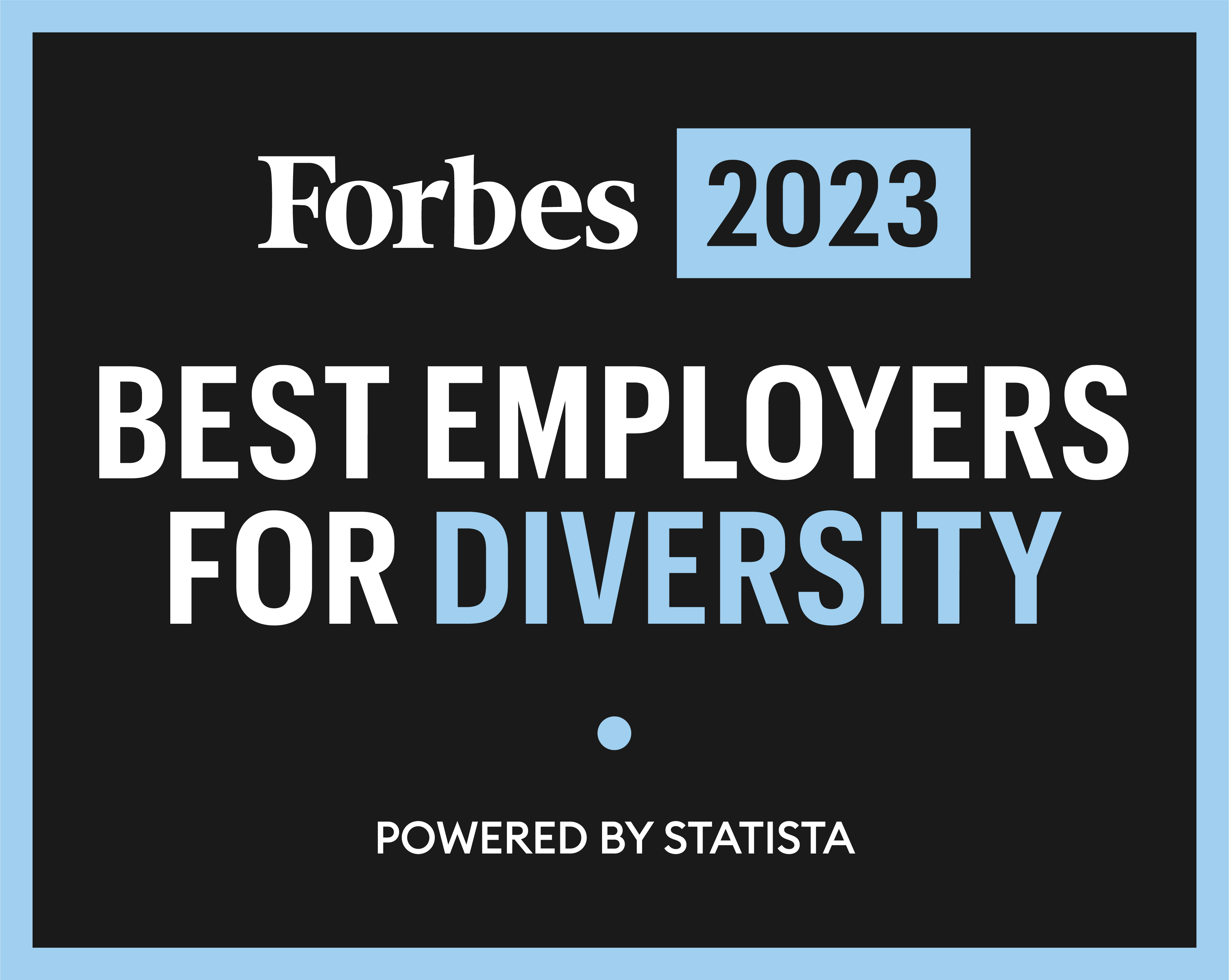Junior Specialist- Michelmore Lab
Position overview
Application Window
Open date: April 8, 2024
Most recent review date: Friday, Apr 19, 2024 at 11:59pm (Pacific Time)
Applications received after this date will be reviewed by the search committee if the position has not yet been filled.
Final date: Friday, May 10, 2024 at 11:59pm (Pacific Time)
Applications will continue to be accepted until this date, but those received after the review date will only be considered if the position has not yet been filled.
Position description
Supervisor: Dr. Richard Michelmore
In collaboration with the Principal Investigator and senior laboratory members, this position will involve the production of transgenic plants through tissue culture transformation and/or other techniques, genetic verification and characterization of transgenic plants, and participation in research projects studying gene expression and in vitro regeneration.
Research (90%)
The Junior Specialist will be responsible for carrying out Agrobacterium-mediated lettuce transformation and in vitro tissue culture regeneration. This will involve preparing the required tissue culture media, maintaining sterile in vitro cultures, ensuring that tissue culture supplies are on hand when needed as to avoid delays and/or the loss of valuable research material, and safe disposal of waste materials. The position will involve communication with the Principal Investigator and other members of the research group to plan and prioritize the transformation schedule. The Junior Specialist will also coordinate with the greenhouse manager to ensure there is adequate space for the produced transgenic plants once they are established in soil after regeneration. The candidate will maintain appropriate documentation of all transgenic plants produced. These activities are estimated to require about 50% of the candidate’s effort in the area of research.
The other 50% of effort will be devoted to other research projects. This will include but not be limited to sampling transgenic material for the extraction of nucleic acids, conducting genotyping to confirm the presence of the T-DNA and/or assessing transgene expression. For transformations involving genome editing projects, the candidate will also analyze the target sites and identify mutation(s) using bioinformatics. The Junior Specialist will also consult with his/her direct supervisor and the Principal Investigator to conduct research on the identification of gene regulatory sequences in lettuce through the use of visual reporters. Additional research activities may involve experiments in transformation methodology or in transformation of species other than lettuce.
The candidate will prepare manuscripts for publication, in collaboration with her/his direct supervisor. Manuscript preparation by the candidate will include reviewing the relevant literature and summarizing these reviews in the introduction, describing results and methods used to acquire the results, presenting and analyzing data obtained by the candidate, constructing clear and informative figures, interpreting the results and discussing how they fit in the current understanding of the field. Depending on whether the candidate is first or middle author of the manuscript in preparation, she/he will contribute these items for most of the manuscript or only the part contributed.
Professional Competence (5%)
Depending on interest and availability of funds, the Junior Specialist may have opportunities to present research findings to a larger audience at scientific conferences or meetings. The candidate will also assist the investigator in presenting progress reports and final summaries to granting agencies.
University and Public Service (5%)
The Junior Specialist may participate in training activities, such as mentoring undergraduate students. They will also actively participate in lab activities via weekly lab meetings, and unit/campus presentations.
Qualifications
- Baccalaureate degree in Plant Biotechnology, Biology, Genetics, Molecular Biology, Biology, or related field.
- Experience in extraction, purification and manipulation of nucleic acids from plants.
- Experience in PCR and marker-based genotyping.
- Background in plant genetics, developmental and reproductive biology.
- Experience in sterile technique.
- Demonstration of skills in proper documentation, data collection and record-keeping.
- Excellent team work and communication skills.
- Experience in plant growth and maintenance, including in vitro culture.
Application Requirements
Curriculum Vitae - Your most recently updated C.V.
Cover Letter
Statement of Research
Statement of Teaching (Optional)
Statement of Contributions to Diversity, Equity, and Inclusion - Contributions to diversity, equity, and inclusion documented in the application file will be used to evaluate applicants. Visit https://academicaffairs.ucdavis.edu/faculty-equity-and-inclusion for guidelines about writing a statement and why one is requested.
- 3 required (contact information only)
Help contact: qrush@ucdavis.edu
About UC Davis
UC Davis is a smoke and tobacco-free campus (http://breathefree.ucdavis.edu/).
We are an Affirmative Action/Equal Opportunity employer, and particularly encourage applications from members of historically underrepresented racial/ethnic groups, women, individuals’ with disabilities, veterans, LGBTQ community members, and others who demonstrate the ability to help us achieve our vision of a diverse and inclusive community. For the complete University of California nondiscrimination and affirmative action policy see: http://policy.ucop.edu/doc/4000376/NondiscrimAffirmAct
Under Federal law, the University of California may employ only individuals who are legally able to work in the United States as established by providing documents as specified in the Immigration Reform and Control Act of 1986. Certain UC Davis positions funded by federal contracts or sub-contracts require the selected candidate to pass an E-Verify check. More information is available at: http://www.uscis.gov/e-verify
The University of California, Davis (UC Davis) is committed to inclusive excellence by advancing equity, diversity and inclusion in all that we do. UC Davis celebrates the multi-cultural diversity of its community by creating a welcoming and inclusive environment demonstrated through a variety of resources and programs available to academics, staff, and students. Diversity, equity, inclusion, and belonging are core values of UC Davis that are embedded within our Principles of Community and are tied with how to best serve our student population. Our excellence in research, teaching, and service can best be fully realized by members of our academic community who share our commitment to these values, which are included in our Diversity and Inclusion Strategic Vision, our strategic plan: “To Boldly Go,” our Principles of Community, the Office of Academic Affairs’ Mission Statement, and the UC Board of Regents Policy 4400: Policy on University of California Diversity Statement. UC Davis is making important progress towards our goal of achieving federal designation as a Hispanic-Serving Institution and an Asian American, Native American, and Pacific Islander-Serving Institution. The Office of Diversity, Equity, and Inclusion offers a plethora of resources on their website, and the Office of Health Equity, Diversity, and Inclusion (HEDI) has outlined similar goals in their Anti-Racism and DEI Action Plan.” There are a plethora of links available on the About Us webpage where you can learn more about our Administration, Diversity and Inclusion, Rankings, Locations, Native American Land Acknowledgement, Sustainability, Visiting UC Davis, UC Davis Health, and Campus Safety.
The university is consistently ranked among the top institutions in the world for campus sustainability practices by the UI Green Metric World University Rankings. UC Davis is focused on achieving net-zero greenhouse gas emissions and repeatedly shown its commitment to preserving a healthy and sustainable environment for generations to come.
As a University employee, you will be required to comply with all applicable University policies and/or collective bargaining agreements, as may be amended from time to time. Federal, state, or local government directives may impose additional requirements.

